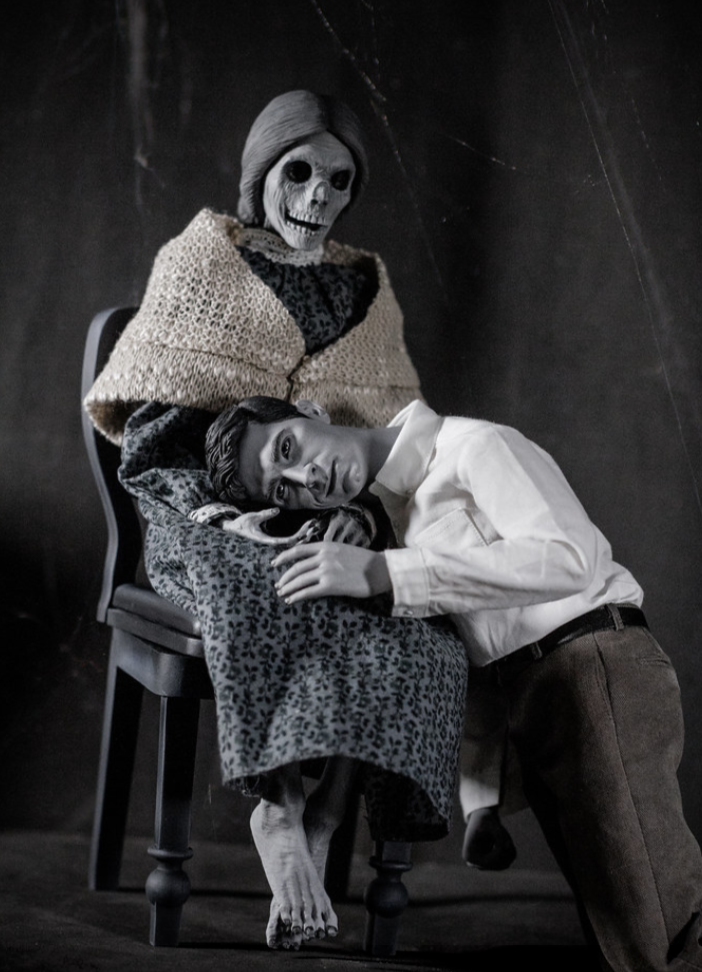There are perhaps too many “Mother’s Day” movies—all with their mother-child dynamics—to choose from, regardless of being presented as such or not. There’s Mother, the Albert Brooks version, and mother! the Darren Aronofsky one. And yet, one that stands out as an undercover film of this “genre” is Alfred Hitchcock’s 1960 classic, Psycho. Exploring the depths of just how much the matriarchal “influence” can affect a person, Norman Bates (Anthony Perkins, in his most iconic role) is the quintessential example of how wrong the mother-child relationship can go—specifically the mother-son one.
Like daughters with their fathers, the mother-son rapport is arguably the most shaping one in a man’s life, particularly for romantic interludes later on. One that will either make him semi-functional or a total fucking weirdo. Of course, a man never really seems to fathom when he’s the latter. Or if he does, he suppresses it in front of others so that he can continue to engage in his freakdom privately.
As is the case with Norman Bates acting like nothing more than a “mild-mannered” hotel proprietor. Motel, as it were. One look from behind the desk of the Bates Motel at the “vixen” that is Marion Crane (Janet Leigh), fresh on the run from stealing some cash, and he seems to forget all about that mild-manneredness—a fact ostensibly made clear to Marion when she overhears Norman arguing with Mrs. Bates about having dinner in the parlor with her. It is afterward that she questions whether or not she overstepped her bounds in accepting the invitation. Or if perhaps Norman wasn’t exaggerating at all about his “mother” being mentally ill.
As the masterful plot unfolds, the conclusion to which, everyone ought to know by now, it leads to Marion’s well-parodied stabbing in the shower. Followed by a flash to the silhouette of the murderer appearing to be Mrs. Bates, in some Oedipal fit of jealousy over Bates having sexual feelings for Marion. And yes, the Oedipus complex is all over Psycho, just as it’s all over every mother-son relationship, whether they want to admit it or not. There Mother is, always inside a man’s head (in Norman’s case, literally), whether he wants her or not. A lot of men do, however. Take some sick pleasure in the engraged resentment that comes with it. The “get out of jail free card” for taking responsibility for their own perverse views.
Like Norman, it makes it easier for them to blame their actions on having a fucked up mom. One who “taught” him to act this way with her own malformed behavior. During the forever haunting final frame of Psycho, featuring Norman staring into the camera diabolically with his mother smiling inside of him, goading him even still, we see that, to paraphrase Tolstoy, “All unhappy mothers are alike, but every unhappy mother is unhappy in her own way.” Sometimes that unhappiness must be thrust upon the spawn as her own sort of cosmic retribution.
Unfortunately, people like Marion get caught in the crossfire of the psychological damage. And it’s true, many “outsiders” to the mother-son relationship will not quite exit the enmeshment with their former selves intact.






















